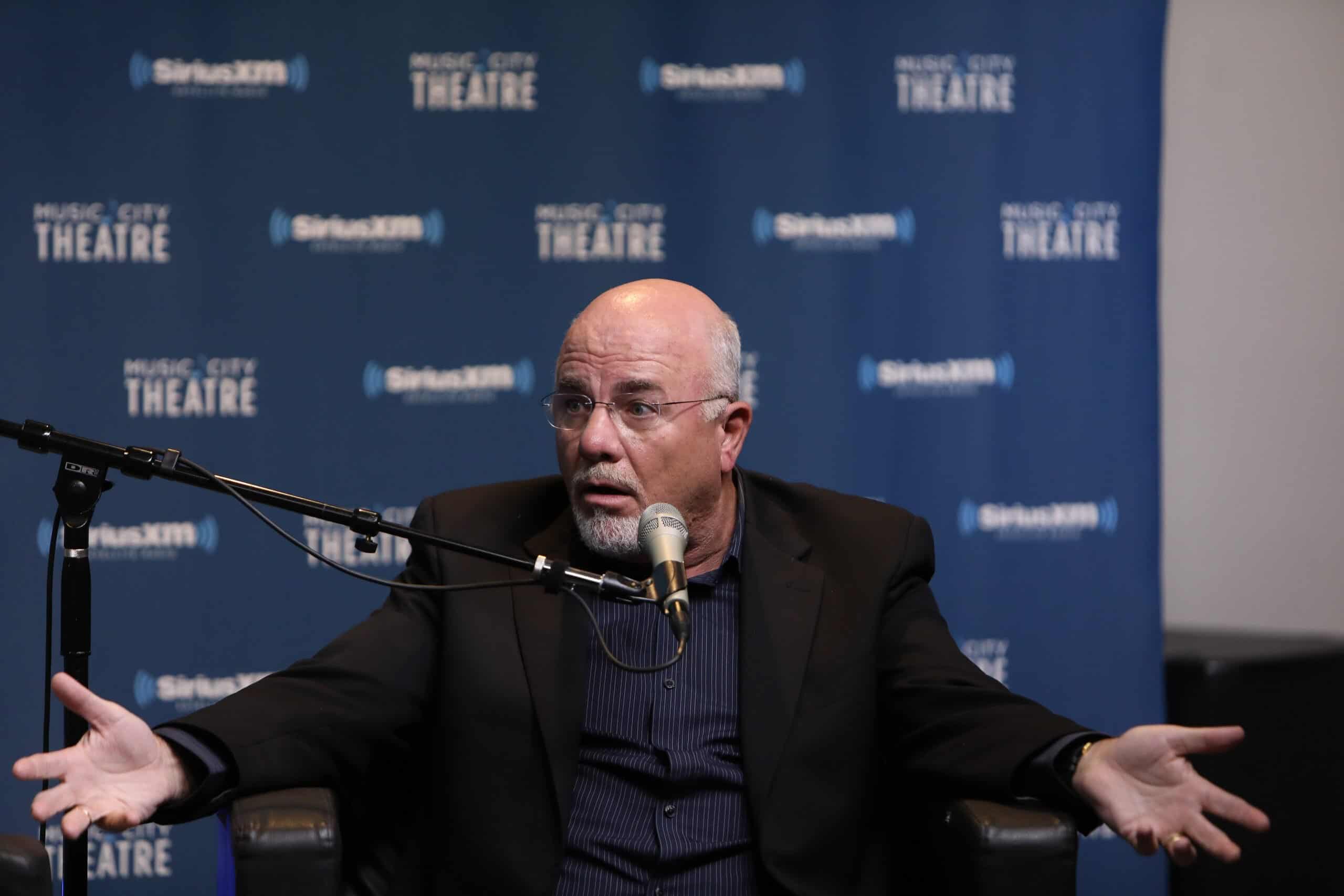Personal Finance
Dave Ramsey shares his best advice for what to do if you suddenly inherit millions of dollars

Published:

I’m sure you’ve heard of it by now: the great generational wealth transfer, which will see a considerable amount of assets flow from Baby Boomers and members of the silent generation to Millennials and Zoomers (Gen Z) over the coming years and decades. Undoubtedly, some of the fortunate few may have significant (six- or even seven-figure) inheritances in their future.
For the many Millennials and Zoomers who have been just making ends meet by living paycheck to paycheck, the massive windfall ahead is welcomed. At the same time, the hoard of cash and other financial assets may require one to level up their financial literacy to ensure their windfall is leveraged in a responsible manner. Indeed, it can be quite a shock to go from having minimal savings to having six- or seven-figure amount to your name.
For those young people poised to inherit considerable sums of cash, personal finance influencer Dave Ramsey has some advice for you. In one of his recent shows, someone called in asking what they should do with the $50 million they just inherited from loved ones.
Undoubtedly, not very many of us should expect to inherit a sum that large. Eight figures is an exorbitant amount, especially for someone who may not know how to manage, save, or invest. Mr. Ramsey thinks the caller should eliminate their debts (mortgages, credit cards, and all other sorts), start an emergency fund, invest in things like real estate, consider giving money away to causes, and invest the sum for the long run, among other pieces of advice.
Perhaps the most invaluable piece of advice from Mr. Ramsey is to not make impulsive decisions. Indeed, if you’re not used to having money and are used to spending everything that you make, it can feel tempting to blow the cash on bad investments and needless luxuries.
Undoubtedly, a bit of a lifestyle upgrade may be warranted after inheriting such a fortune. However, it’s important to ensure that one’s new lifestyle is sustainable over the long term. Notably, it should be able to cover one’s retirement while leaving ample for other expenses that could arise in the distant future. Provided one doesn’t decide to buy mansions in multiple cities and exotic sports cars, I do think it’ll be tough to spend down the eight-figure sum. Ramsey’s suggestion to start giving is also wise, as it can help someone forward the causes they really believe in.
Though Ramsey appears to have covered most bases for their fortunate caller, I still think gaining the services of a wealth planner is a must, especially if one isn’t all too well-versed in budgeting or investing. With such a fortune, I do think the fees charged by a top financial advisor are well worth paying for. As you go searching for the perfect advisor, have a list of questions ready so you can ensure the right fit.
Even if you haven’t yet inherited a significant sum, it’s never too early to educate yourself about financial planning and investing. Undoubtedly, you may just have a windfall coming your way in the near future. It’s vital to know how to preserve and grow the wealth once it heads your way. Of course, a financial planner or advisor can help you along the way. But doing research well ahead of time can be a very smart idea.
The Average American Has No Idea How Much Money You Can Make Today (Sponsor)
The last few years made people forget how much banks and CD’s can pay. Meanwhile, interest rates have spiked and many can afford to pay you much more, but most are keeping yields low and hoping you won’t notice.
But there is good news. To win qualified customers, some accounts are paying almost 10x the national average! That’s an incredible way to keep your money safe and earn more at the same time. Our top pick for high yield savings accounts includes other benefits as well. You can earn up to 3.80% with a Checking & Savings Account today Sign up and get up to $300 with direct deposit. No account fees. FDIC Insured.
Click here to see how much more you could be earning on your savings today. It takes just a few minutes to open an account to make your money work for you.
Thank you for reading! Have some feedback for us?
Contact the 24/7 Wall St. editorial team.